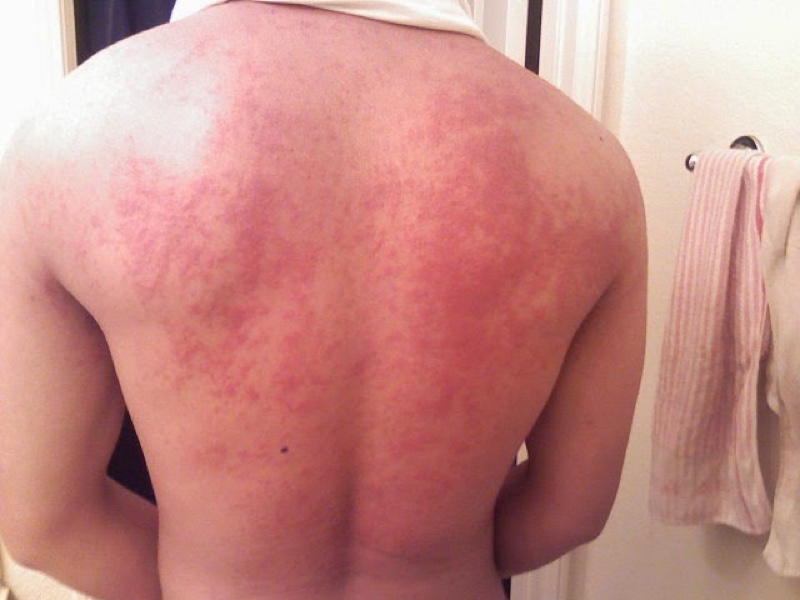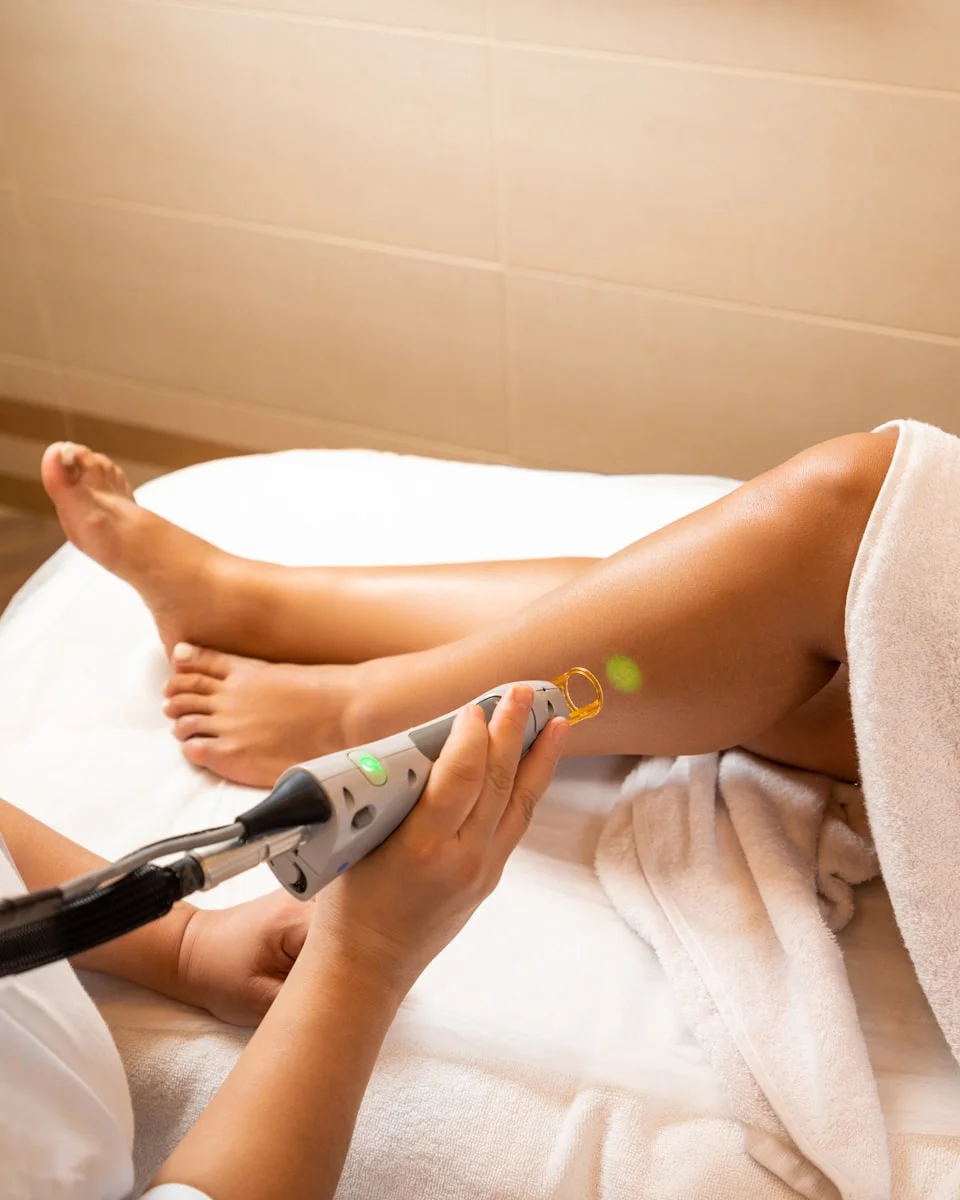Imagine being allergic to a substance that makes up about 70% of the Earth? Imagine being allergic to a substance that makes more than 60% of our body?
That is the life people with aquagenic urticarial live. A rare condition, aquagenic urticarial is known as water allergy and it is a form of physical urticarial.
While it is described as an allergy, it is not a true histamine-releasing allergy reaction like other forms of urticarial. For some people, being allergic to water is the harsh reality. They get hives when their skin comes in contact with water.
Physical urticarial is common condition. People can develop hives within minutes in response to stimuli like heat, pressure, and cold. However, sensitivity to water is far less common. Hives can develop rapidly after contact with water, regardless of the temperature of the water. It is worth noting that aquagenic urticarial affects mostly women and symptoms start around puberty.
A report on the matter in 2011 revealed that the condition is even more rare than we previously thought. There were fewer than 100 cases reported in medical literature up to that point.
Causes of aquagenic urticarial
Being a rare condition, research is still trying to find causes of the urticarial. There is still no exact cause of water allergy. While some speculate that the allergy comes as a reaction to chemical additives in water like chlorine, others dismiss that theory.
The rash and other allergy-symptoms you might experience are due to the release of histamine. As a response to the allergic reaction, our body, specifically the immune system, releases histamine to fight off the harmful substance. Histamines can trigger allergy-like symptoms and they depend on what part of the body is affected.
The even more challenging aspect of aquagenic urticarial is that the condition can be triggered by many water sources.
Those include:
- Snow
- Sweat
- Tears
- Rain
Now that is a world that is hard to avoid. Water is everywhere around us. With that in mind, here are the two prevailing theories about causes of water allergy:
- Substance dissolved in water enters our skin and triggers the immune response. According to this theory, hives are not caused by the water, but an allergen like chlorine is causing the
- An interaction between water and a substance found in or on the skin, and this interaction generates a toxic material. The toxins lead to development of hives, rash, and other allergy-like symptoms
There are also some theories about hereditary factors. As in, the condition might run in the family. One of your parents might carry a gene that makes you susceptible to the allergy. The allergy itself might not be hereditary, but there might be some link in family medical history.
Symptoms of urticaria
As mentioned previously, this rare water allergy manifests as other types of physical urticarial. That means that hives develop rather quickly after your skin comes in contact with water. No matter of the temperature of the water, hives develop.
There is difference in the shape and size of hives associated with aquagenic urticarial and other types of urticaria. For example, hives of water allergy are small in size (between 1-3mm), and they have red or skin colored welts with clearly defined edges.
Rash caused by aquagenic urticaria develops mostly on the neck, on the arms, and on the upper trunk. However, it is worth noting that rash can develop anywhere on the body. Some people experience itching as well. The good news is that once the water source is removed, the rash will fade within a one hour period.
With that in mind, here is a quick summary of symptoms of aquagenic urticaria:
- Erythema, or reddening of the skin
- Painful and itchy rash that often appears on chest, neck, and arms
- Lesions
- Inflammation of the skin
- Burning sensation
- Welts
In some severe cases, even drinking water can cause allergy-related symptoms.
Those include:
- Wheezing
- Difficulty breathing
- Difficulty swallowing
- Rash around the mouth
How is water allergy diagnosed?
A physician will first and foremost ask you about the symptoms, and how you got them. In many cases, physicians perform a water challenge test. This test includes rinsing specific areas of the boy with water or giving a direct bath and shower challenges to patients. These tests are usually performed when the small water challenge test with small water compress is negative, but the person and doctor still suspect aquagenic urticaria.
How can you treat it?
Most of the problems with aquagenic urticarial come from the simple fact it is a rare condition. That is why the exact cause has yet to be determined, and that is why treatment is also challenging. There is limited data regarding the effectiveness of individual treatments for the condition. Not many people have undergone a treatment for water allergy, and that is why physicians cannot determine a surefire treatment.
That being said, there are some treatments that have shown success:
- A low dose of selective serotonin reuptake inhibitor in combination with methscopolamine and cyproheptadine
- H1 antihistamines
- Propranolol
- Ultraviolet B light treatment, also called phototherapy
- Creams that can protect your skin from water and act as a form of a barrier between them
- Bath with sodium bicarbonate
- Anabolic steroid like stanozolol






